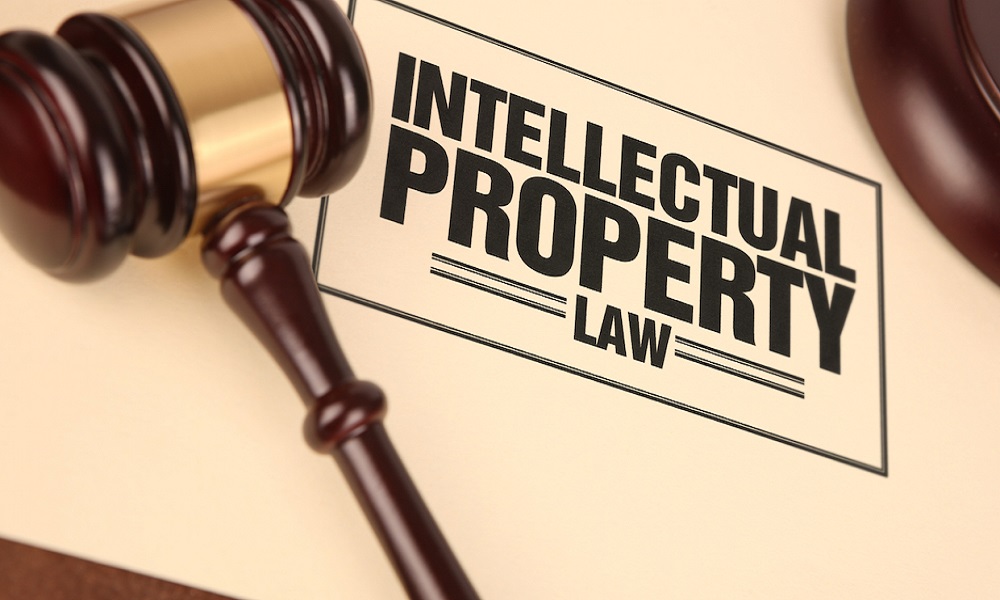Embarking on the way of divorce is a huge life progress that requires cautious route and key direction. In the bustling city of Singapore, where lawful intricacies meet social responsive qualities, having skilled legitimate portrayal becomes urgent. Partnering with experienced divorce lawyers gives you master direction as well as empowers you to assume command over your divorce journey. Find skilled representation with a divorce lawyer in Singapore. It can be your backers, allies, and guides in the meantime.
Mastery in Singapore’s Lawful Scene
Divorce proceedings in Singapore are represented by a one of a kind mix of common and Muslim regulations. Skilled lawyers figure out the intricacies of this legitimate scene and can assist you with navigating it with certainty. From understanding the desk work and documentation expected to representing your interests in court, their aptitude guarantees that you pursue all around informed choices that line up with your wellbeing.
Key Direction
Divorce involves a scope of choices, from property division to kid guardianship plans and financial contemplations. Skilled lawyers bring their ability to the table, helping you plan and go with choices that are useful for your future. They evaluate what is going on, investigate different choices, and guide you in making decisions that guarantee the most ideal results.
Backing for Your Privileges
One of the essential jobs of skilled divorce lawyers is to advocate for your privileges. They guarantee that your interests are safeguarded in the meantime, whether it’s negotiating settlements, representing you in court, or ensuring that kid authority courses of action are fair and in the wellbeing of the kids involved. Their promotion empowers you to get the results you merit.
Reducing Close to home Weight
Divorce can be sincerely overwhelming, and having skilled lawyers close by can assist with alleviating a portion of the weight. They give lawful aptitude as well as basic encouragement. Their presence guarantees that you have somebody to go to for direction, consolation, and useful guidance, allowing you to zero in on healing and moving forward.
Find skilled representation with a divorce lawyer in Singapore. Partnering with skilled lawyers in Singapore empowers you to explore the intricacies of divorce with certainty. Their skill, vital direction, backing for your freedoms, and consistent encouragement on the whole empower you to go with informed choices and progress into the following period of your life. As you set out on your divorce journey, recall that skilled lawyers are not simply legitimate agents — they are partners who work to guarantee that your privileges are safeguarded and your prosperity is focused on.






















